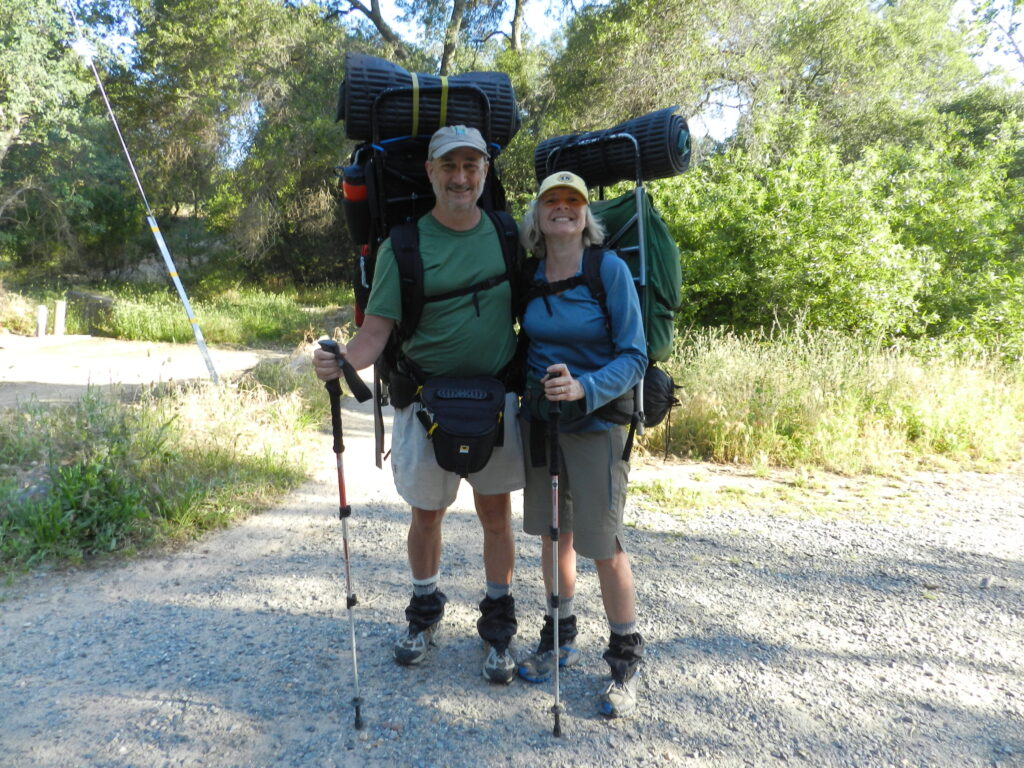Once Cindy struggled to walk, I requested that the VNA provide me instruction for physical therapy exercises to do with her. She receives these exercises to preserve the range of motion in her limbs 4-5 times a day, mostly from me, sometimes from home health aides. As her limbs grew more rigid over time the aides struggled to stretch them out, which created another issue over her palliative care.
Sometimes Cindy grimaces as she resists her arms being uncoiled, while on other rare occasions she is totally relaxed and her arms uncoil limply. Those wanting Cindy to be as comfortable as possible prefer that she be relaxed for her physical therapy, but I do not. This is another example of prioritizing quality of life over palliative care.
I admit to being an aerobics snob. I have hiked, backpacked, ran, cycled, kayaked, canoed and cross country skied long distances, secure in the knowledge that among the many benefits of cardiovascular exercise is blood flow to the brain. When I first read in fitness magazines that strength training also provides brain health benefits I scoffed, but then I read the research articles reporting that muscle resistance releases brain derived neurotrophic factor (BDNF), a biochemical that stimulates the growth and repair of neurons.
I realize that no amount of BDNF will restore Cindy’s brain health at this stage of her decline. Yet I also know that neuroplasticity, the rewiring of brain cells, continues for our whole lives. As I wrote in a previous blog post, the combined impacts of neuroplasticity and dementia means one step forward and three steps back with inevitable cognitive decline. My goal has been to make sure that the one step forward with Cindy’s brain involves me and especially the enjoyment of life, right up until the end.
Extrapolating from the research on strength training, Cindy’s resistance during physical therapy releases BDNF. Is that part of her rewiring process? I do not know enough about the biochemistry and mechanisms of action to say. In any case, with Cindy’s physical therapy I see an opportunity for us to connect, for her continued rewiring to include me. One of the exercises involves me bending down close to her face. Sometimes she responds to this by sticking her tongue out, in addition to swallowing the only muscle movement she controls. This is an unmistakable gesture for us to kiss, and I oblige.
Though she occasionally grimaces as her muscles resist being straightened or bent, this only reminds me of the countless grimaces from both of us through thousands of miles of long distance backpacking. We both equate the attainment of real joy with some grimaces, some discomfort, along the way. Just as often she simply has a serene look, once we get past the first repetitions, even as her muscles provide continued resistance.
I have been reminded lately that both Cindy and I are strong people, capable of handling discomfort in our lives. Maybe some think the practice of palliative care requires an asterisk when associated with us. Yet all humans appear to physiologically benefit from some types of discomfort; maximizing comfort in our lives may do more harm than good. At the least we cannot go wrong with the discomfort of going for brisk walks in nature (the briskness matters in terms of our neuroendocrine system), regardless of the discomfort that terrain and weather might present. And, yes, even the discomfort of vigorous strength training benefits us as well.

Please subscribe to be alerted for other upcoming examples of quality of life care versus palliative care.

My only comment today is to say that Cindy is so lucky to have you by her side. I regained my cognitive and emotional capacity, but have lost the caring that is also needed. As I read what you have written, I know that your caring has made all the difference in the world.
What an amazing and difficult long distance journey this has been for you both. It warms my heart to see how you are tackling this together. Sending prayers and strength.
Hugs to you both. What a wonderful husband you have been with her caregiving.